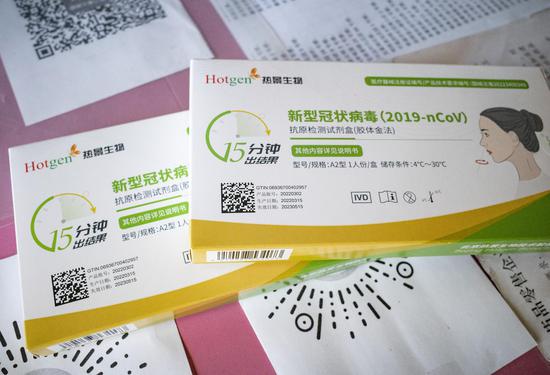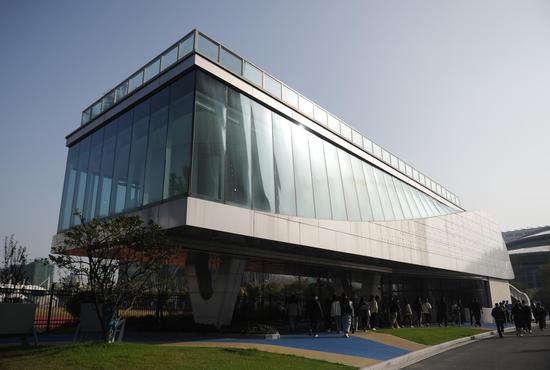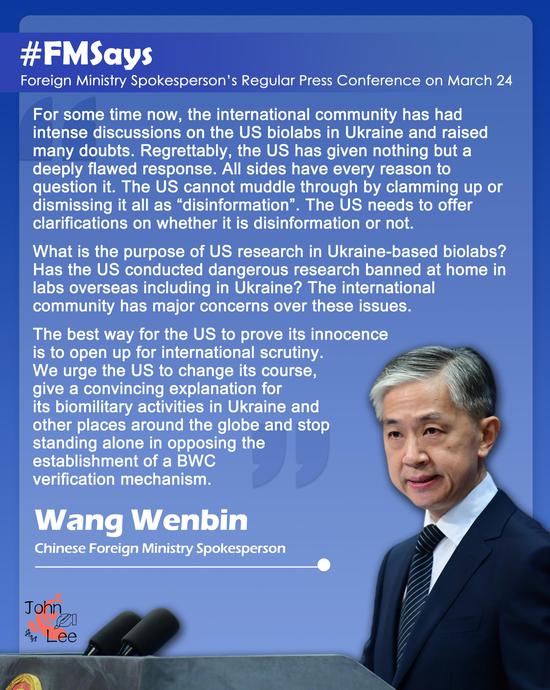The central government has pledged to make greater strides in improving China's business climate this year as it rolled out a host of measures to make administrative services more standardized and easily accessible.
The measures, outlined in a guideline released by the State Council this month, will target the lack of unified standards, inadequacies in the sharing of data and the imbalance of government services between urban and rural areas.
By the end of this year, the government will significantly boost the capacity and quality of existing administrative services and take steps to develop an integrated national system.
By 2025, all the most frequently accessed public services will follow a unified standard, with frequently used electronic certificates recognized nationwide and more one-stop services online.
Administrative services will cover approvals, rulings, awards and record filings, in sectors like public education, employment, social insurance, healthcare and housing security.
Ma Liang, a professor of public administration at Renmin University of China, said that despite the progress China has made in improving the business climate, there is still plenty of room to enhance administrative services, particularly interprovincial services. Efforts also should be made to better integrate online and offline services.
There are now about 100 million people living outside of their home provinces in China-including migrant workers, elderly persons and students-who must travel back to their home areas to access some government services, Premier Li Keqiang said in a news conference earlier this month.
The government will issue electronic ID card services for greater public convenience, he said.
To standardize government approval services, authorities will be required to adhere to unified guidelines, and will not be allowed to require additional procedures or materials during processing.
Governments at the county, township, village and community levels are required to provide a majority of their services via a unified administrative service center to provide one-stop service and more administrative services will be offered through streamlined online procedures.
To improve accessibility, the government has pledged to bring services, including education, employment, social security, healthcare, elder care and social services, closer to neighborhoods, and will promote 24-hour self-service systems.
The government will also move forward with the integration of electronic ID cards, social security cards, driver's licenses and business licenses at online government service platforms and applications and promote their daily use, the guideline said.
Ma said that enabling more government services to go online will enhance public satisfaction and help narrow the gap between urban and rural areas in administrative services.


















































 京公网安备 11010202009201号
京公网安备 11010202009201号